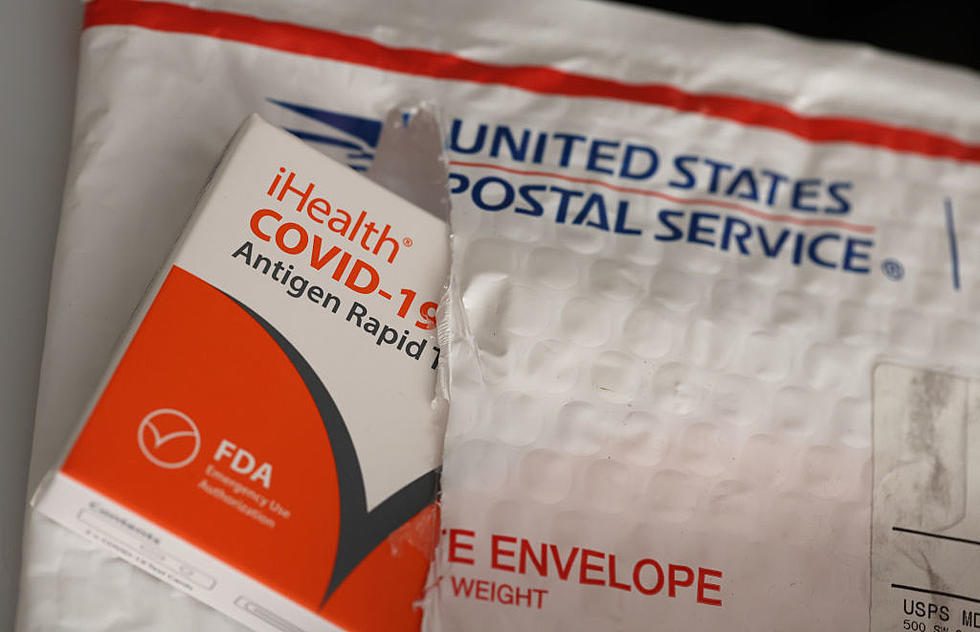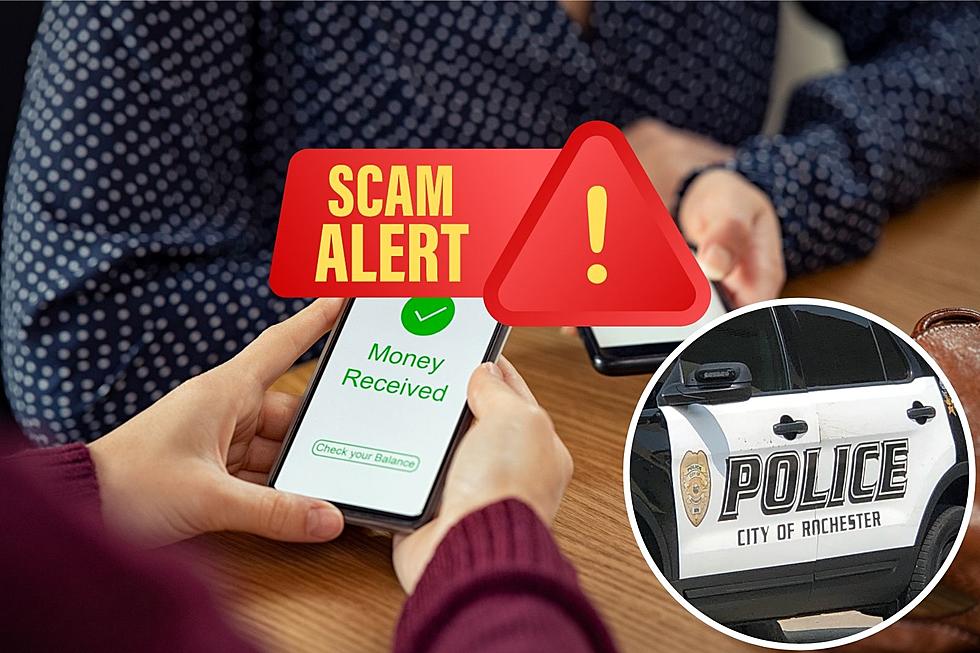
Minnesota + Wisconsin Residents Should Look Out For Free COVID-19 Test Scam
Since the COVID-19 pandemic began, there have been plenty of opportunities for residents to obtain free tests. Minnesota has been especially generous in providing tests for residents.
However, as is the case with most things, scammers have found a way to use free COVID-19 tests to take advantage of people and the Better Business Bureau says we all need to be on alert.
The scam begins when scammers reach out via phone, text, or on social media claiming you for free at-home COVID-19 tests from your insurance or the government. They create a sense of urgency by saying quantities are limited, and you need to apply immediately.
Before the tests can be mailed to you, they will ask you for some basic details. The details can include your full name, contact information, and insurance information, including copies of your insurance cards or Medicare number. They may also ask for your credit card number to cover a small delivery fee.

Whenever someone asks you for information such as that, it's a major red flag. With this scam, they will use your personal information to steal from you and you'll never get the tests you were promised.
The Better Business Bureau offers the following tips to avoid COVID-19 test scams:
- Only get a test through official sources. Talk to your pharmacist about purchasing a test, or visit Covid.gov/tests to see if your household qualifies for free at-home tests from the government. The FDA also has a list of authorized at-home COVID-19 diagnostic tests you can review.
- Don't give in to high-pressure tactics to provide personal information. Step back and do research.
- Become knowledgeable of all your testing options. The Centers for Disease Control and Prevention has a detailed guide to testing for COVID-19. When you know what tests are available and how to get them, scammers won't be able to take advantage of you.
- Never share your personal information with strangers. If you only make purchases and share your personal information with people and companies you know and trust, you'll be fine. You should be wary of anyone approaching you with unsolicited offers, whether over the phone or otherwise. Furthermore, if you think your personal information has been compromised, you can report it to identitytheft.gov.
- Never click on links in text messages or emails from strangers. Links from scammers are part of phishing scams and they might send you to an imitation website where scammers try to collect your personal information, or they could download malware onto your device.
As is always the case, a little research, and a little common sense can go a long way in keeping the upper hand on scammers.
KEEP READING: See 25 natural ways to boost your immune system

KEEP READING: 15 Natural Ways to Improve Your Sleep
More From Y-105FM









